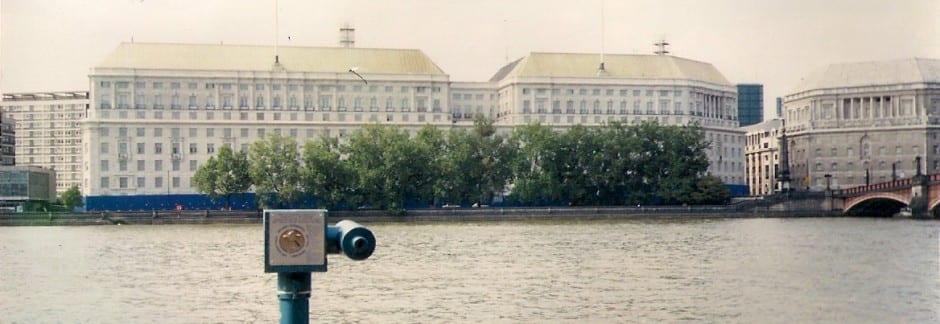I’ve written a number of posts on the issue of intelligence oversight on a range of different blogs so this would seem like an appropriate moment to draw them together.
In July 2011, I wrote a short piece on reform of the ISC for the University of Lincoln expert comment blog, following the publication of the first annual report of the committee since the 2010 general election. The ISC report included significant proposals for reform of the status and powers of the committee, which were all the more remarkable given that our research indicated that the principal barrier to reform of the ISC until that point had been the ISC itself. The reforms were subsequently brought forward as part of the Justice and Security Act.
As part of the process of reforming the way in which the ISC operates the committee decided for the first time to take some evidence in public. The first public evidence session of the Intelligence and Security Committee in November 2013 generated considerable attention, as the heads of the three intelligence and security agencies appeared before the committee. I wrote this post for the Political Studies Association blog on the day of the first session. Following the evidence session, I wrote a brief review on the Democratic Audit blog in which I argued that while the session was symbolically important it provided little in the way of substantive scrutiny and would need to evolve in future. Hugh contributed to this Democratic Audit panel of experts post on the need for further reform of the ISC.
This short post from my Who Runs Britain? blog is a response to an article in The Guardian in which the former Cabinet Minister, Chris Huhne, complained that intelligence issues were rarely discussed in Cabinet. In this short post I suggest that this is not unusual or new.
In a somewhat related, but less consequential post, in 2011 I wrote a post for the University of Lincoln expert comment blog marking the end of the TV drama Spooks, in which I questioned whether the the real intelligence and security agencies would welcome the end of a programme which often showed the agencies going beyond the law, but which also portrayed them as highly effective and technologically advanced.
